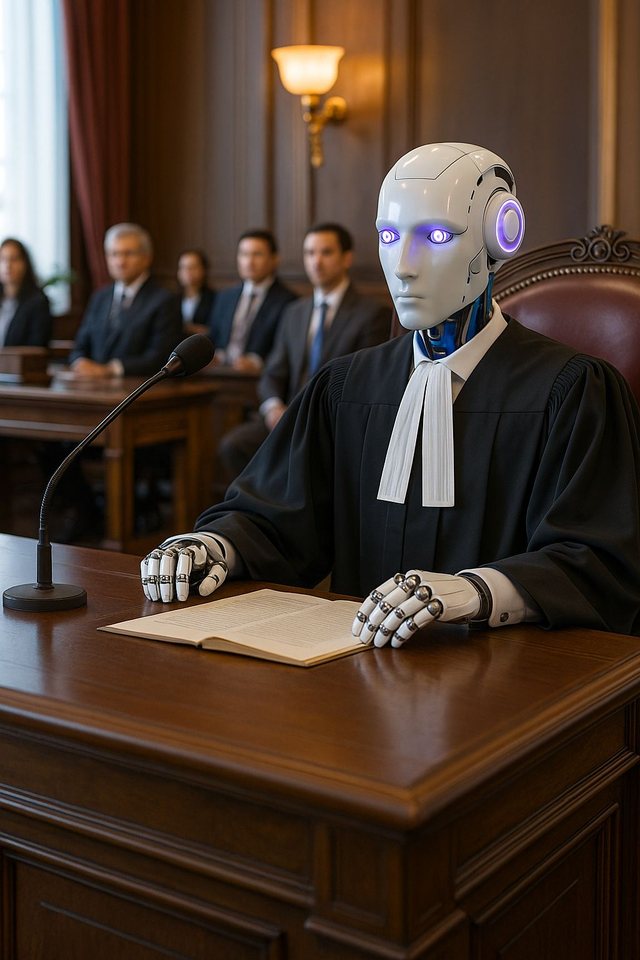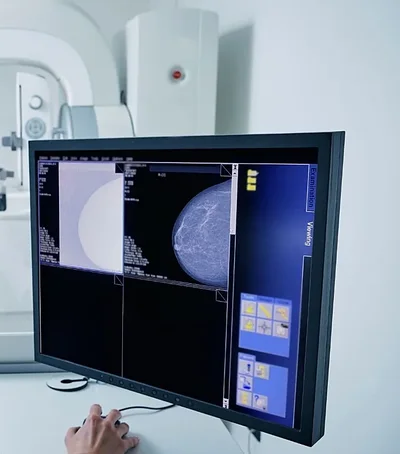
India has launched a groundbreaking program aimed at using artificial intelligence in the judicial system, training so-called “robot judges” to give decisions in small cases. The project envisages that district and sessions court judges will be trained to use AI in legal processes, easing the huge burden of court cases that overload the system.
According to reports, part of the plan is to send Indian judges abroad to study how similar systems work in other countries that have already started experimenting with artificial intelligence in the judiciary. The main goal of the initiative is to increase efficiency, speed up decision-making and reduce long procedural delays.
Experts emphasize that the use of AI in the judiciary does not mean replacing human judges, but rather creating a support mechanism for smaller and simpler cases, so that judges can focus on more complex cases with greater legal weight.
This development is seen as an important step in the modernization of Indian justice and an example of the power of technology to transform traditional institutions. However, debates still remain about the ethical aspects and limits that should be set for the use of artificial intelligence in judicial processes.





